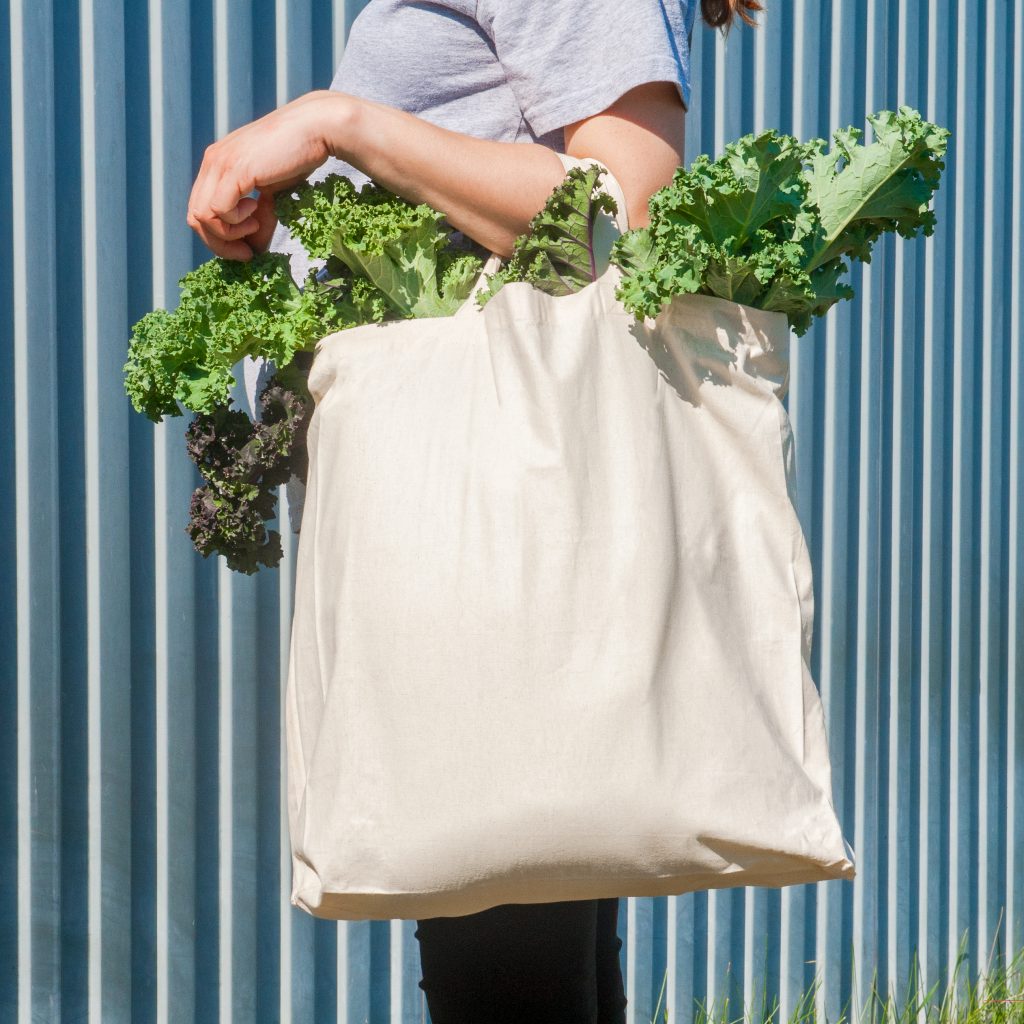
One of the main issues in today’s society is how our waste is affecting the future of our environment. Today, swirling soups of plastic fill our oceans in large systems of moving ocean currents called ocean gyres. Off the West Coast of the United States lies a swirling sea of trash called the Great Pacific Garbage Patch. This mass of garbage contains over 7 million tons of plastic and spans around twice the size of Texas. This garbage patch will only grow — in fact, it is predicted to double in size within the next 10 years. As students, our actions are ever determining the development of our society. These tips can help students cut down on waste and help make a small difference toward improving our planet’s health.
1. Invest in a reusable water bottle.
If you’re one who buys bottled water, think twice before you waste your money on the plastic container. The plastic water bottle will exist in the oceans for another 450 years because it’s difficult for it to break down and disintegrate. If you’re not a fan of the taste of tap water, you can buy a filter. There are also water bottle fillers conveniently placed all around campus. For coffee lovers, skip the coffee cups and bring your own reusable mug for a discount at Einstein’s and Jazzman’s.
2. Use reusable containers instead of plastic wraps.
Avoid using one-time use plastic coverings, such as cling wrap, to store food on the go or in the fridge. Beeswax wraps are a good alternative — they are sustainably made and available on Amazon. You can make these coverings yourself with DIY instructions if you’re feeling especially creative. You can also keep your glass pasta jars and use them as vases, cups, containers and pen holders.
3. Bring your own shopping bags.
Unfortunately, single-use plastic bags can take up to 1,000 years to break down in the ocean. Try to do the environment a favor and bring your own reusable bags, as you are likely to use a plastic bag for around five to 10 minutes or maybe even up to a week if you recycle it to use as a garbage bag. Local grocery stores, like ALDI, charge for plastic bags if you don’t bring your own reusable ones, so bringing your own can also save you money.
4. Say no to straws.
According to Eco-Cycle, it is estimated that Americans use more than 500 million plastic straws every day. Few people realize that straws are among the top 10 items that are found during beach cleanups and can harm turtles, seabirds and other marine animals. Many restaurants and cafes are now stopping their use of plastic straws and using paper or metal replacements. You can do your bit too by getting in the habit of asking for no straw with your beverage or purchasing a reusable straw online for as low as 50 cents.
5. Purchase bar shampoos and soaps.
Bar soaps and shampoos not only last longer, but mean less unnecessary plastic packaging. This equals a more sustainable shower, which, combined with a reusable metal razor and bamboo toothbrush, completes the basics needed for a green bathroom. Stores such as Lush and Brush with Bamboo sell sustainably and ethically made products with minimal packaging.
6. Purchase second hand instead of buying things new.
Polyester, nylon and other synthetic fibers make up around 60 percent of our clothing and are all forms of plastic. These fabrics leach microplastics into the environment just by being washed. The solution? Buy fewer clothes, and consider sharing things instead of owning them. Some options for secondhand clothing stores in the Binghamton area include Goodwill, Salvation Army and Plato’s Closet.
7. Dine in instead of taking out.
Slow down and eat a meal at the restaurant. Taking a meal to go involves a panoply of plastic containers, silverware and bags that you will only ever use once. Say no to single-use silverware and start bringing your own along with you.
8. Spread the word.
Lead by example to inspire others. Ultimately, it’s the little, everyday things we do that allow us to make an impact on our communities. Your voice may seem small, but if we all start by creating small ripples, perhaps together, we can create a wave.
Correction: A previous version of this article incorrectly used the word “Tupperware” in place of “reusable containers.” Pipe Dream regrets the error.


